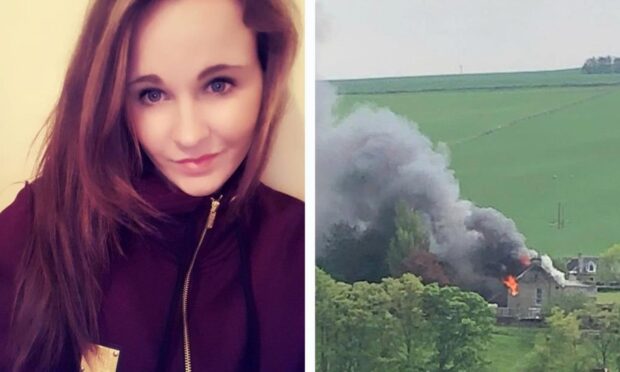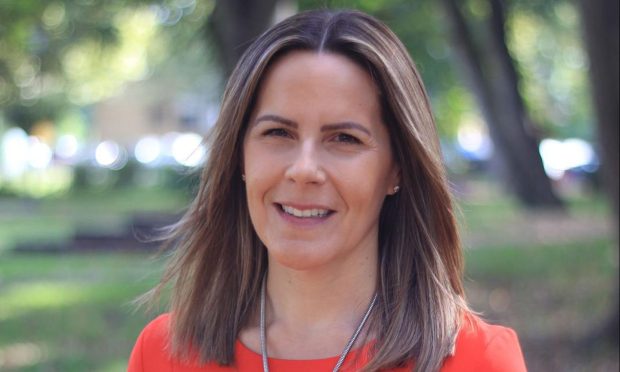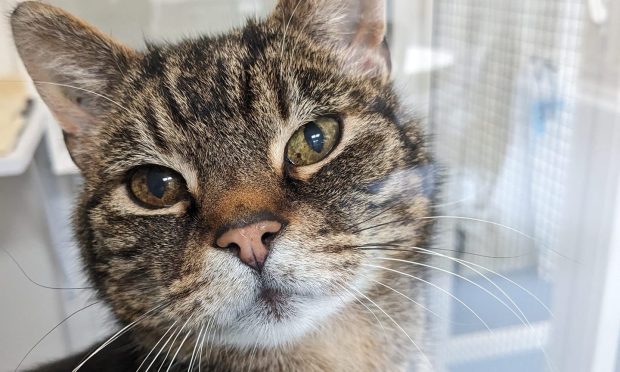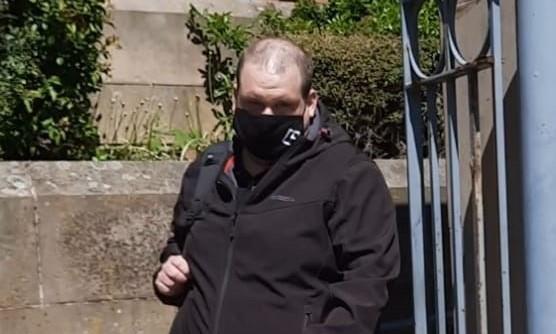If there’s one trait that needs to be kicked out of our language for good, it’s the misuse of the word “snowflake”.
Forget Frozen 2, thanks to the “wit” of people like Piers Morgan, the term has suddenly become slang for a person deemed overly-emotional, easily offended and unable to deal with opinions that don’t match their own.
While a person may well be any, or all, of those things, the go-to phrase should be banished for its failure to account for a person’s state of mind.
I was heartened to see Fife being allocated just shy of £4 million to help provide professional counselling services to all secondary school pupils who require it over the next four years.
Too often we hear from young people who have started to self-harm, become suicidal, or dropped out of school while waiting for the right help.
Aside from the “be all and end all” feeling at exam time, young people have to deal with a host of other issues such as bullying, troubles at home, friendship difficulties, dissatisfaction with their body shape, bereavement, poverty and, in extreme cases, trauma and abuse.
It’s an encouraging move to see cash targeted at building on the high quality counselling services that currently exist for in Fife, in an effort to stop any psychological difficulties turning into lifelong issues.
In my senior years at high school, I experienced an eating disorder and the approach from most adults seemed to be: “Leave it and it’ll go away” or “Snap out of it”.
There were clearly deeper-rooted problems that caused me to control what I was eating to the point where I was doing myself serious harm and I’d be lying if I said I had a healthy relationship with food now, 20-odd years on.
Far too many young people are not getting the support they need, so whether it is for a single session for brief advice and support or a longer-term intervention, access to professional help can only be a step in the right direction.
At the very least, it will provide children with coping skills and strategies that will help them manage difficulty and change as they get older – and we all know there’s plenty of that in our lives.










